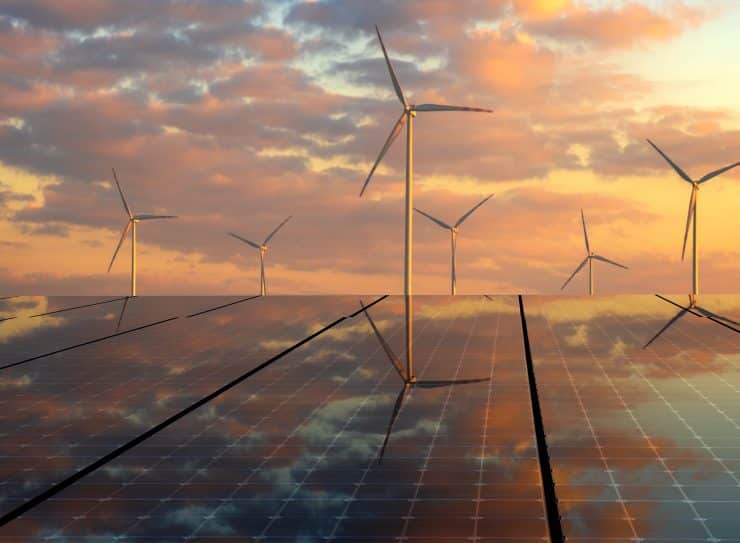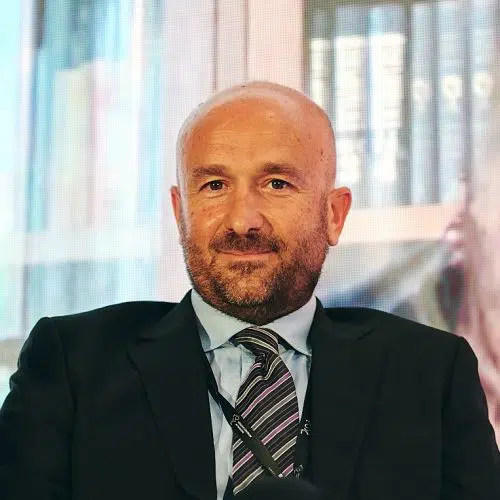The European Union assistance to our European neighbors, that hopefully will create the conditions for them to be full members of the Union, and the achieving of energy independence to decrease the security dilemma, should be couched in liberal solutions, particularly when thinking about investments in energy markets of this magnitude. Some of these solutions regarding the nascent hydrogen market are presented elsewhere. However, others do emerge from the creation of such impressive financial mechanism, mainly fighting corruption, the need for transparency, and fairness in distribution of funds supported by the European Union institutions, and also by the Member States, via their Recovery and Resilience Plans. There could be a tendency to centralize management and application of the funds in national governments, something that historically has been observed in some of the countries in the Union. Hence, there is a need to ensure that other stakeholders, apart from the State are included to achieve the energy transition in the European Union, with the private sector playing a crucial role in the areas of labor, construction and operation of equipment and infrastructure, and development of secondary supply chains. Fiscally, there should be incentives to private partners with reduction of taxes and fees, while at the same time, the elimination of fossil fuels subsidies. Another important initiative is to have the Member States working together to find common interests and joint ventures regarding the construction of an interconnected energy market. Some examples already exist, and they should be multiplied. In 2014, the European Commission warned that “cooperation is the key to cope with supply interruption” and that “EU countries and neighbouring countries envisage a wide range of measures to mitigate the impacts of a supply disruption”, but “plans are often too much limited to the national market and resort too quickly to interventionist measures”, and that “a market-based approach should be the guiding principle, with non-market measures (i.e. the release of strategic stocks, forced fuels switching and demand curtailment) only kicking in when the market fails”. After the lack of urgency to respond to what was seen, almost ten years ago, as a major problem, it is time for the European Union to make inroads for a net-zero carbon society. This will also bring the benefit of stopping supporting dictators, despots, and authoritarian regimes, being from the Russian Federation, Venezuela, or Saudi Arabia (to give some obvious examples), with their history of parochial policies, human rights abuses, and actions that aim to weaken and disrupt liberal, democratic, progressive societies.

